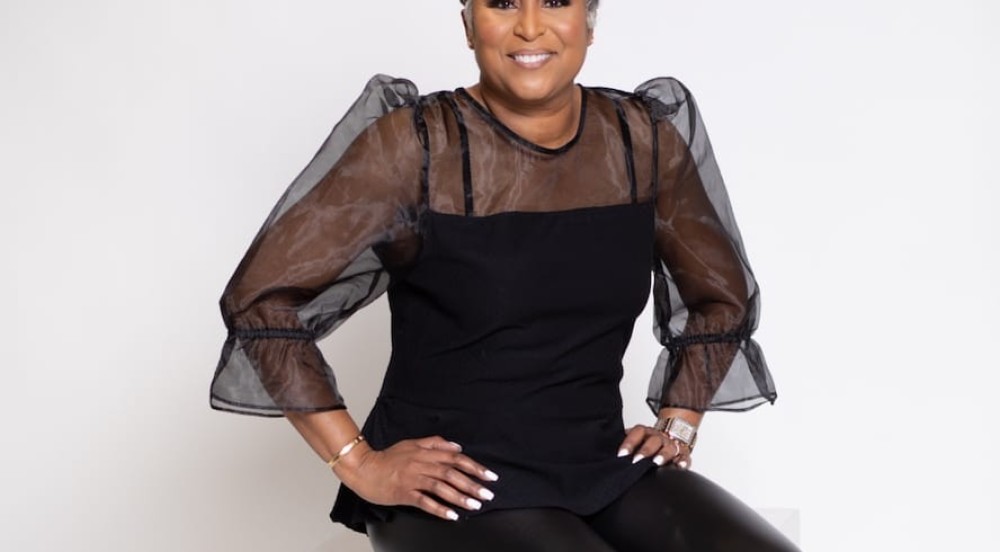The word philanthropy is a derivative of two Greek words-philos, meaning “love”, and anthopos, meaning “humankind," combined together these two words mean “love of humankind."
Philanthropist Cheryl Polote Williamson, is one of the award-winning executive producers of Twenty Pearls, a documentary about the AKAs, which has won an HBO Max Award, encompasses all of the above, and more. Whether it’s through her time, talents, or resources, she actively shows herself as a blessing to others. During the pandemic, Williamson provided business grants to women-owned small businesses to help keep their enterprises afloat. She’s also made generous donations to other organizations that found themselves struggling during these uncertain times, such as the MLK Center of Dallas, Texas Oncology, The Black Police Office Association, and Vibra Specialty Hospital.
Her abundant acts of generosity have been recognized locally and nationally. She recently was awarded the Maura Women Serving Women Award from the Texas Women’s Foundation—the first African-American woman to do so—as well as The Presidential Lifetime Achievement Award from President Joseph Biden for her call to serve.
EBONY caught up with Williamson and chatted about why living a life of serving was so important to her.
EBONY: What does it mean to be a servant-leader?
Cheryl Polote Williamson: It means leading by example. It means putting people before myself. When you put your people—your team—first, you end up building a team of people who would absolutely run through walls to make sure your dreams and your vision happen for themselves and for other people. The reason I see myself as a servant leader is because I have a heart for the people. I have a heart for giving. I have a heart to see other people’s dreams come to pass unapologetically. I don’t make excuses about it. Servant leaders place their people in position to win. When you place people in position to win, they, in turn, will help others succeed and win as well.
When did you learn you were called to serve?
I knew it from the age of 7 or 8 years of age. I knew because of the type of environment that I grew up in. I came from a household of givers. People would knock on our doors all the time in the middle of the night needing resources and my father never had them write an essay; he willingly gave to them. He helped them. He wasn’t concerned if he would ever get the money back. He just wanted to help them. He instilled in me what it meant to be a giver.
Talk to us about the power of compassion.
Compassion demands action; it causes one to act. Compassion is what made me act when I saw people posting on social media about their needs when this pandemic first hit. I would send money to wherever they would ask, and my only request would be that they did not publicly acknowledge me. My plan is to die empty. I don’t want to be on my death bed and wonder if I helped the people I was supposed to help. I’m leaving a legacy for giving. I put giving in my children. My daughter went to Africa to wash feet. I put serving in them.
There is a hymn that states, "Let the work that I’ve done, speak for me.” What is your work saying? Who are you serving along the way to help make for a better tomorrow?













